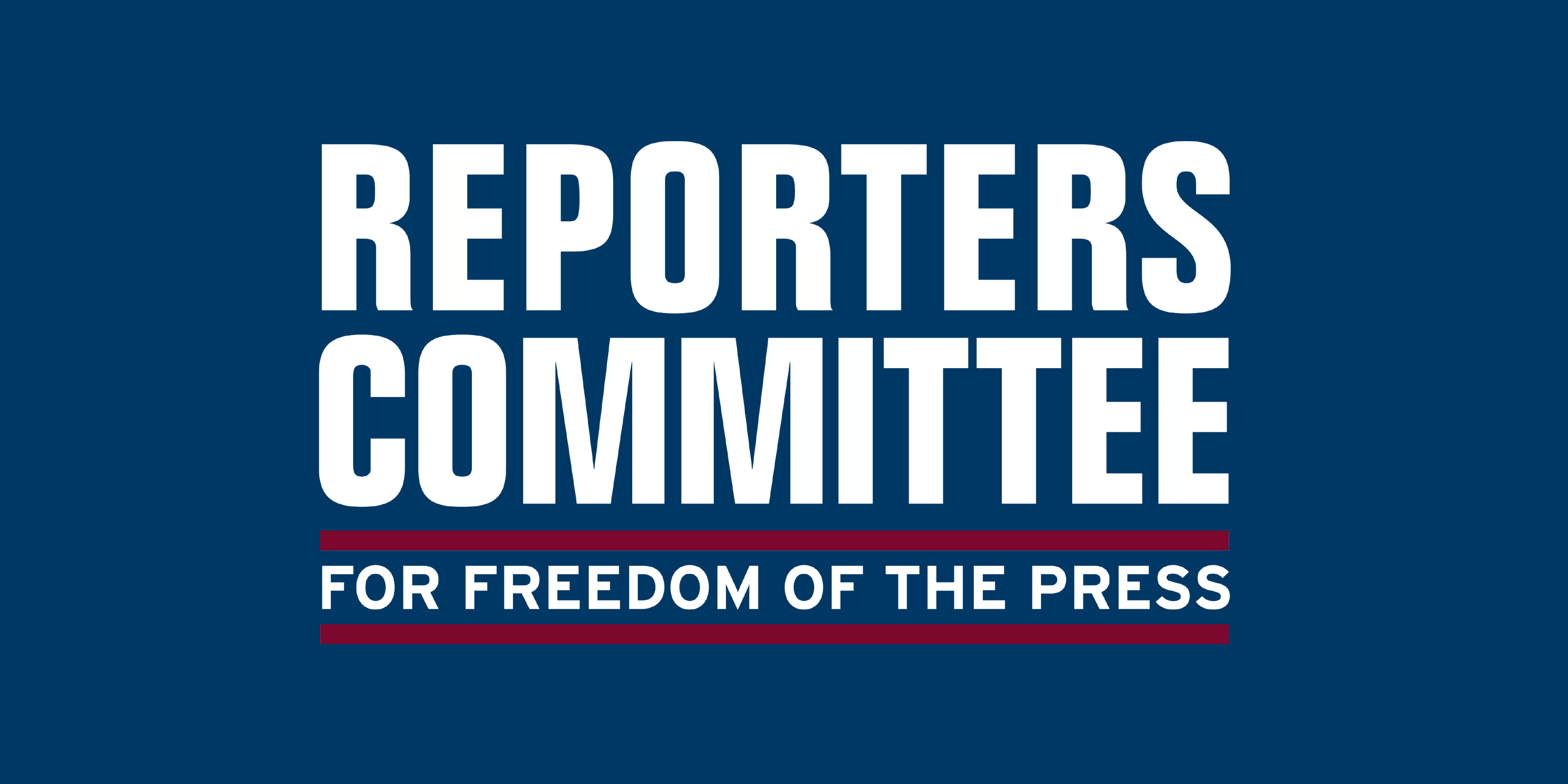Reporters Committee attorneys seek to unseal All Writs Act orders in three federal courts

Attorneys for the Reporters Committee for Freedom of the Press have filed requests in three federal district courts to unseal court orders seeking help from private travel technology companies in tracking individuals subject to outstanding arrest warrants.
The orders, issued under a 1789 law known as the All Writs Act, required that these companies monitor suspects’ location in real-time. Since their databases can track flight logs, hotel reservations and other information, their help can be valuable to the government in tracking international travelers.
Originally enacted alongside the Judiciary Act of 1789, the All Writs Act allows the government to compel third parties to provide technical assistance with investigations and other activities. But the orders have concerned legal experts, who say that recent applications of the law set a dangerous precedent.
On behalf of Forbes and its Associate Editor Thomas Brewster, Reporters Committee attorneys have filed requests in the U.S. District Courts for the Northern District California, Western District of Pennsylvania and Western District of Washington to unseal court records related to the government’s use of the act in connection with several arrest warrants. Reporters Committee attorneys argue that the press and the public have a constitutional and common-law right to access the orders and the government’s applications for them.
In California and Washington, the orders under seal were directed to Sabre, a Texas-based travel technology firm that is one of several companies that have been asked to provide data to the government under the All Writs Act. But, as Forbes has reported, the extent of the government’s relationship with these database owners remains unclear due to sealed court documents.
“The government’s use of the All Writs Act to obtain judicial orders requiring private technology firms in general — and Sabre in particular — to provide technical assistance to the government is a matter of intense public interest, as well as a subject of Petitioners’ ongoing reporting,” attorneys from the Reporters Committee and Davis Wright Tremaine LLP wrote in support of their petition to unseal court orders in the Western District of Washington. “Unsealing the AWA Materials will shed light on the scope of the government’s authority to compel such assistance, provide valuable insight into Sabre’s role in monitoring travelers on behalf of law enforcement, and inform the press and public about the extent of their privacy when travelling.”
The All Writs Act has been used to aid investigations for decades. In the 1970s, the government issued an order to install a pen register on two telephone lines owned by the New York Telephone Company in an effort to listen in on criminal behavior — a move that the Supreme Court upheld. And in perhaps the most high-profile example, the government cited the law in its attempt to force Apple to unlock an iPhone owned by the shooter in the 2015 San Bernardino terrorist attack.
The Reporters Committee regularly files friend-of-the-court briefs and its attorneys represent journalists and news organizations pro bono in court cases that involve First Amendment freedoms, the newsgathering rights of journalists and access to public information. Stay up-to-date on our work by signing up for our monthly newsletter and following us on Twitter or Instagram.